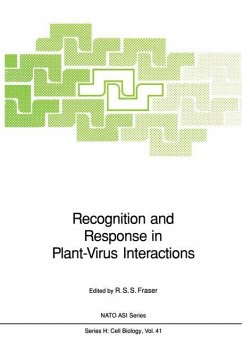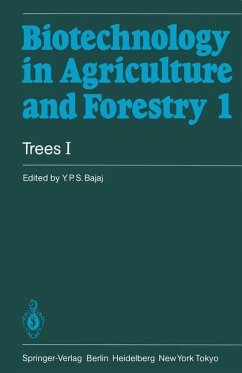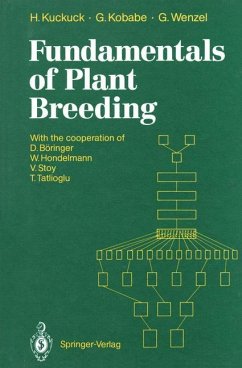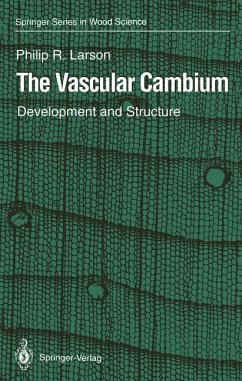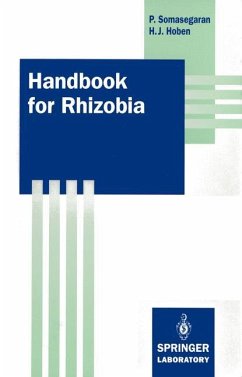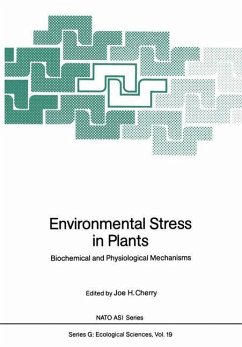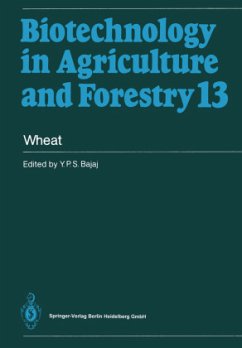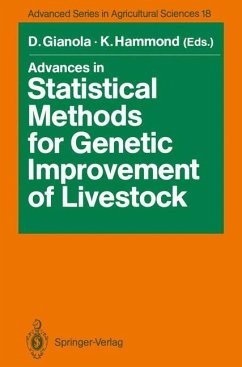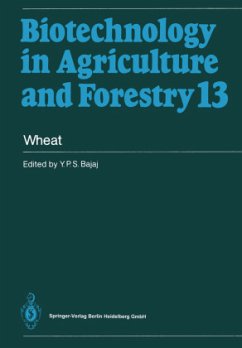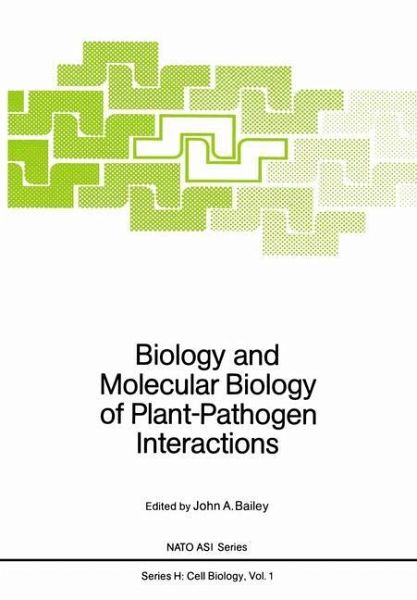
Biology and Molecular Biology of Plant-Pathogen Interactions
Versandkostenfrei!
Versandfertig in 1-2 Wochen
115,99 €
inkl. MwSt.

PAYBACK Punkte
58 °P sammeln!
This book is a collection of papers presented at a NATO Advanced Research Workshop on "Biology and Molecular Biology of Plant-Pathogen Interactions" which was held at Dillington College, Ilminster, UK, 1-6 September 1985. It had been preceded by Advanced Study Institutes at Porte Conte, Sardinia in 1975 and at Cape Sounion, Greece in 1981. In recent years, methods for the manipulation and transfer of genes have revolutionized our understanding of gene structure and function. It was thus opportune to bring together scientists from distinct disciplines, e. g. plant pathology, cytology, biochemis...
This book is a collection of papers presented at a NATO Advanced Research Workshop on "Biology and Molecular Biology of Plant-Pathogen Interactions" which was held at Dillington College, Ilminster, UK, 1-6 September 1985. It had been preceded by Advanced Study Institutes at Porte Conte, Sardinia in 1975 and at Cape Sounion, Greece in 1981. In recent years, methods for the manipulation and transfer of genes have revolutionized our understanding of gene structure and function. It was thus opportune to bring together scientists from distinct disciplines, e. g. plant pathology, cytology, biochemistry and molecular biology to discuss our present understanding of cellular interactions between plants. We also explored how the potential offered by the newer molecular technologies could best be realized. It soon became evident at the Workshop, and is a repeated theme of this publication, that future research will need concentrated multi disciplinary programmes. Many of the new approaches will be valuable. For example, immunocytochemistry does, for the first time, allow molecules to be located precisely within infected tissues. Equally, the methods of DNA isolation and gene transformation will facilitate the isolation and characterization of genes associated with pathogenesis and specificity. The description at the Workshop of immunocytochemical protocols and of transformation systems for pathogenic fungi have already stimulated an upsurge in research on plant-pathogen relationships. The papers discuss many interactions between plants and fungal and bacterial pathogens, but also provide a comparison with mycorrhizal and symbiotic relationships, and those involving mycoparasites.





